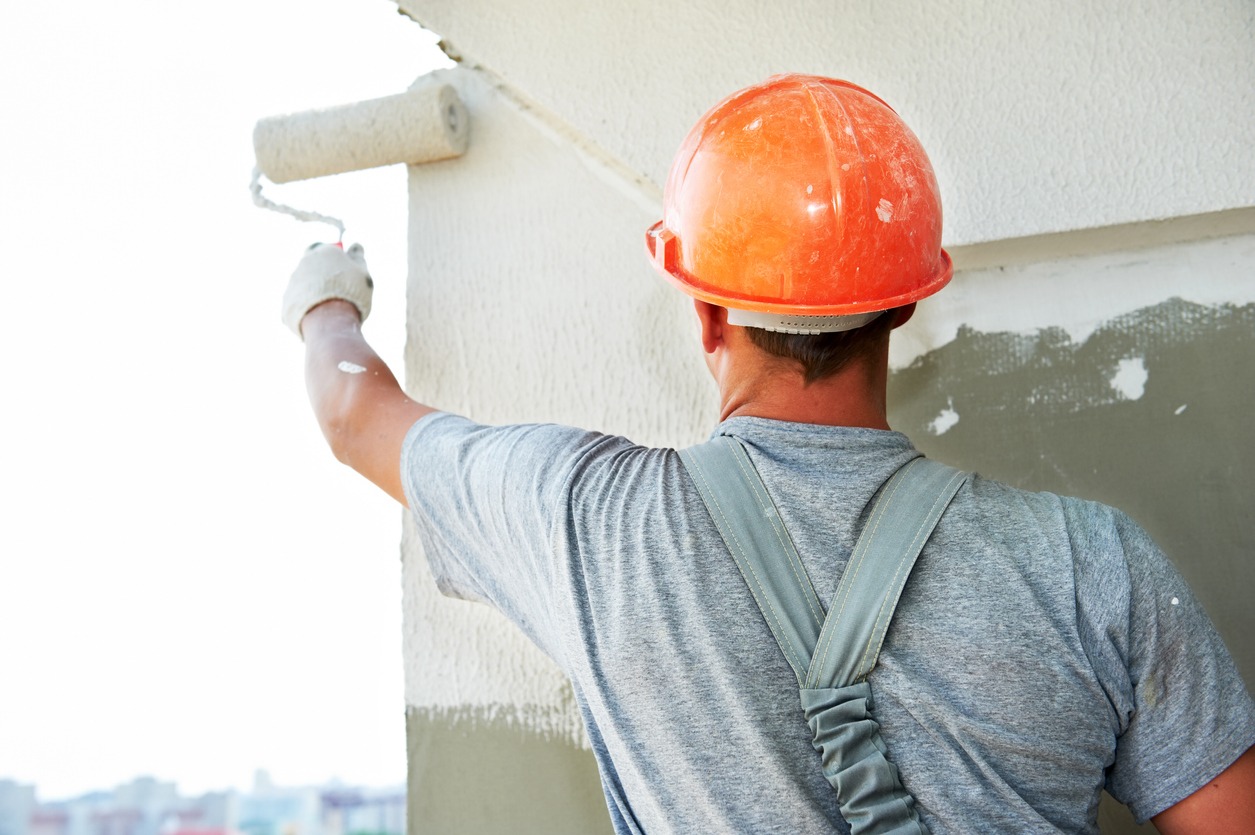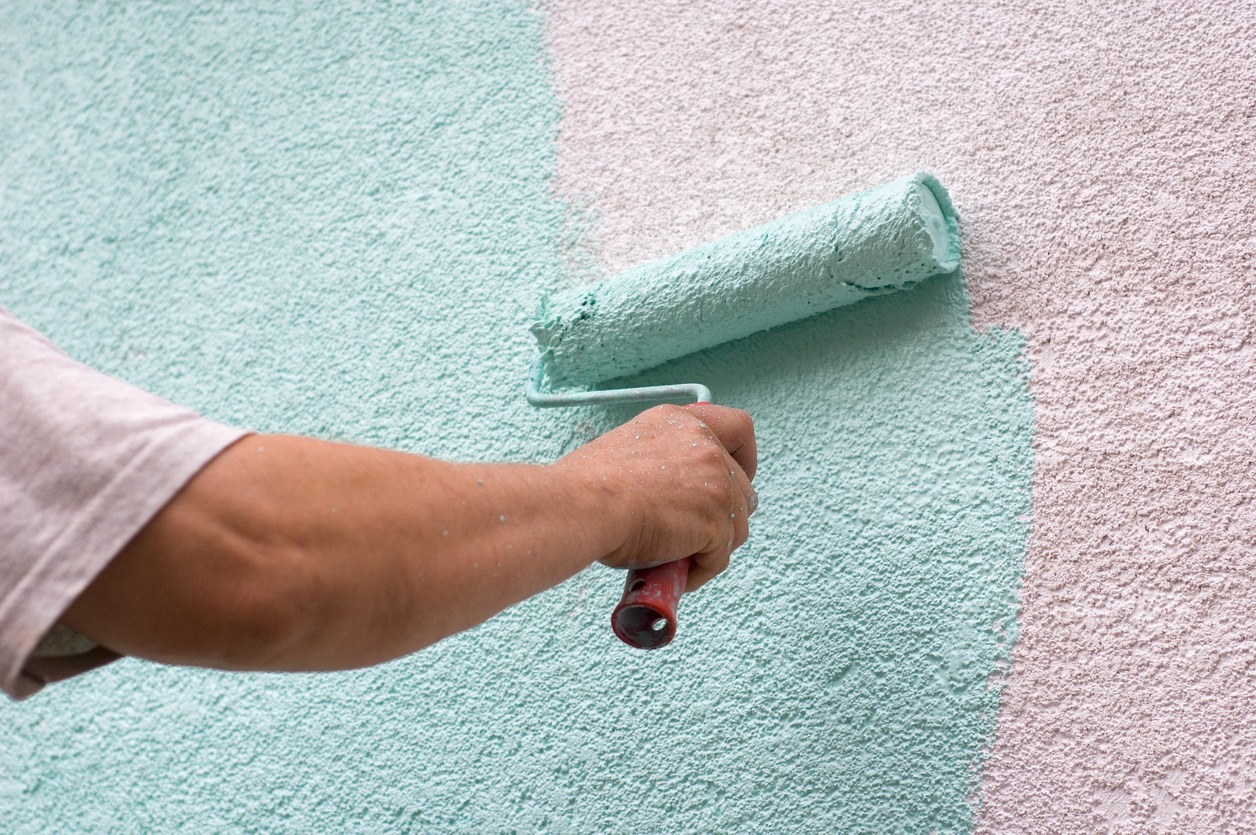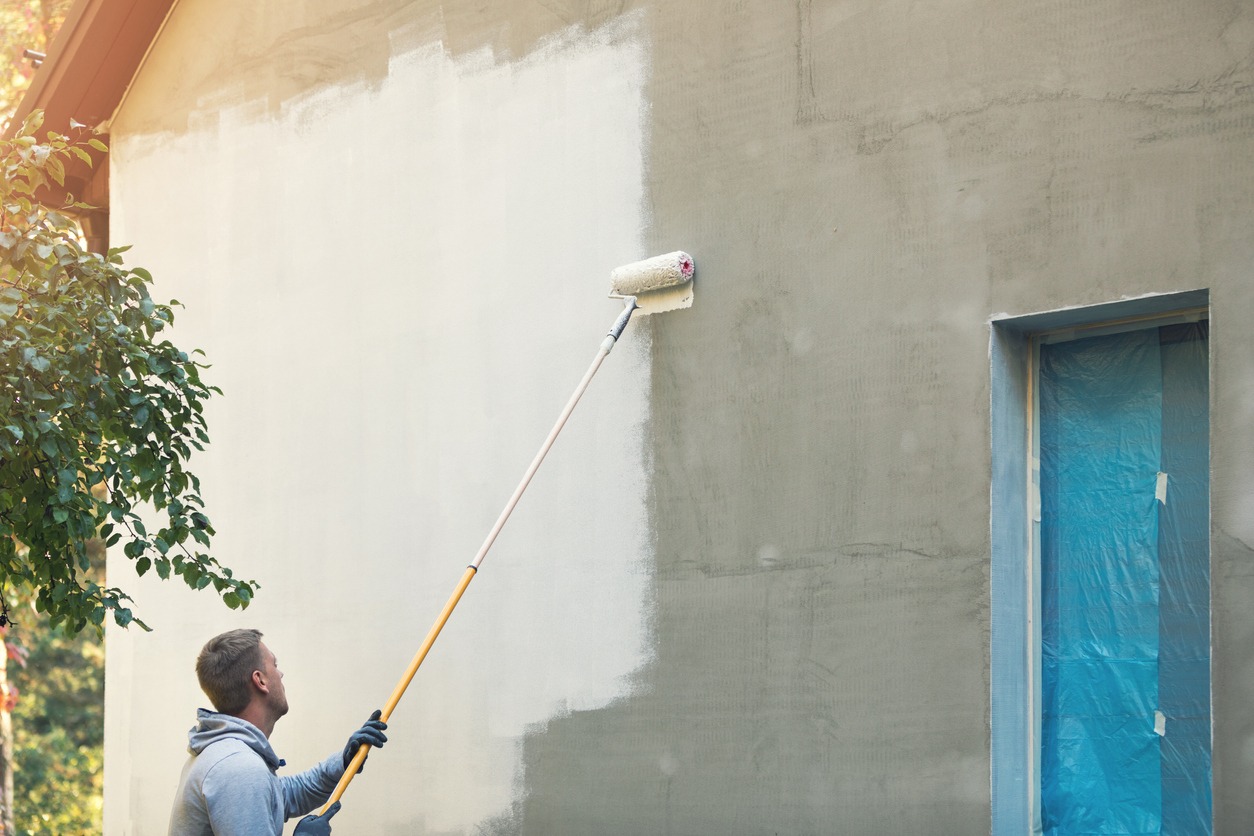The exterior of the house often makes a good first impression on your guests. So, the house’s exterior should look as amazing as possible, and one of the best ways for you to elevate the look of the exterior is by painting on the walls. Because of how big most houses’ exterior walls are, it would be very difficult for you to paint the walls on your own. So, you will need to hire the best and most experienced exterior painters in your area.
Hiring exterior painting services involves a series of important questions to ensure you get the best service for your needs. Here are 20 essential questions to ask when hiring exterior painting services.
How long have you been in the exterior painting business?
This question helps you assess the experience and track record of the company. A long-standing business often indicates a history of quality work and satisfied customers. It also suggests that they have dealt with a variety of painting challenges and scenarios.
Are you licensed and insured for exterior painting?
Licensing ensures they meet the legal requirements to operate in your area. Insurance protects you and your property if there are accidents or damage during the project. It’s important for the company to have both liability insurance and worker’s compensation.
Can you provide references from previous exterior painting jobs?
References from past clients give you insight into the company’s work quality and customer service. It’s a good sign if they can readily provide several references. Follow up with these references to get a sense of their satisfaction with the work performed. You may also check reviews online about the company to learn more about the quality of their work and their customer service.
What brands and types of paint do you use, and why?
The quality of paint used can significantly impact the longevity and appearance of the exterior paint job. Knowing why they choose certain brands or types can give you confidence in the quality of materials used. It’s also useful for understanding the cost-value balance in their service.
Here are some of the most common types of paint used for exterior walls:
- Acrylic Latex Paint – This water-based paint is very popular for exterior walls due to its durability and ease of cleaning. Acrylic latex paint is resistant to fading and temperature changes, dries quickly, and has less odor compared to oil-based paints. It adheres well to a variety of surfaces, including wood, masonry, and metal.
- Elastomeric Paint – This is a thick, highly flexible paint that can bridge small cracks and gaps in exterior walls. It’s excellent for masonry and concrete surfaces. Elastomeric paint forms a durable, weather-resistant layer that’s also breathable, preventing moisture from being trapped in the walls.
- Enamel Paint – Typically oil-based, enamel paint is known for its hard, glossy finish. It’s highly durable and resistant to rust and fading, making it suitable for surfaces like trim, doors, and gutters. However, the glossiness might not be desirable for all exterior wall surfaces.
- Direct-to-Metal (DTM) Paint – This type of paint is specifically formulated for use on metal surfaces. It is typically rust-resistant and can be applied directly to metal without a primer. This makes it ideal for metal fixtures on exterior walls.
- Primer – Though not a “paint” in the traditional sense, primer is essential for preparing exterior surfaces for painting. It helps in providing a uniform surface for the paint to adhere to and can also offer additional protection against elements.
How do you prepare surfaces for painting?
Proper surface preparation is key to a durable paint job. Ask about their process, which should include cleaning, scraping off old paint, making minor repairs, and priming. This ensures the new paint adheres properly and lasts longer.
Do you offer a warranty or guarantee on your work?
A warranty or guarantee reflects the company’s confidence in their work. It should cover both the labor and materials. Be sure to understand the terms and duration of the warranty.
What does your quote include?
Ensure the quote is detailed and includes all costs, such as labor, materials, and any additional services. A clear, itemized quote prevents unexpected costs and helps compare bids effectively.
How do you handle changes or additional work requests during the project?
Changes are not uncommon for home improvement projects. Knowing how they manage and bill for changes or additional requests ensures transparency and helps avoid disputes.
Who will be supervising the work on-site?
It’s important to know who is in charge on-site for daily oversight and as your primary contact. This person should be experienced and able to make decisions and address concerns.
What is the estimated timeline for completing the project?
Understanding the projected start and end dates helps you plan around the painting project. It’s also useful to know how they handle potential delays, especially those due to weather.
What safety measures do you employ?
Exterior painting often involves working at heights and with potentially hazardous materials. Ensuring that the company follows safety protocols protects their workers and your property.
How do you conduct cleanup and disposal after finishing the project?
A professional company should take responsibility for cleaning up and disposing of any waste materials. This should include protecting your landscaping and removing paint chips and debris.
How many coats of paint do you apply?
The number of coats affects the appearance and durability of the paint job. Ideally, they should apply at least two coats, but this can vary depending on the paint quality and surface condition.
Do you provide color consultation services?
If you’re uncertain about color choices, it’s helpful to know if they offer professional color consultation. This service can guide you in selecting colors that complement your home and its surroundings.
What are your terms of payment?
Discussing payment terms upfront avoids confusion. This should include the payment schedule, acceptable methods of payment, and any deposit required.
How do you handle delays or interruptions due to weather?
Exterior painting is weather-dependent. Understanding their policy for weather-related delays ensures that your project is completed in a timely and orderly manner without compromising on quality.
Can you handle any necessary repairs before painting?
Some exteriors may need repairs before painting. Knowing if the company can handle tasks like replacing rotting wood or repairing stucco can save you time and hassle.
What sets you apart from other exterior painting services?
This question helps you understand their unique selling propositions, whether it’s their expertise, quality of materials, customer service, or pricing.
Will our agreement be formalized in a written contract?
A written contract should detail the scope of work, costs, timeline, and warranty. It’s a crucial document for clarity and legal protection for both parties.
How do you ensure quality control throughout the project?
Quality control measures are vital for consistent and high-standard work. This could include regular inspections, using trained staff, and adhering to industry best practices.
These questions will help you comprehensively evaluate an exterior painting service, ensuring that you choose a provider or contractor that meets your needs and delivers quality work.



